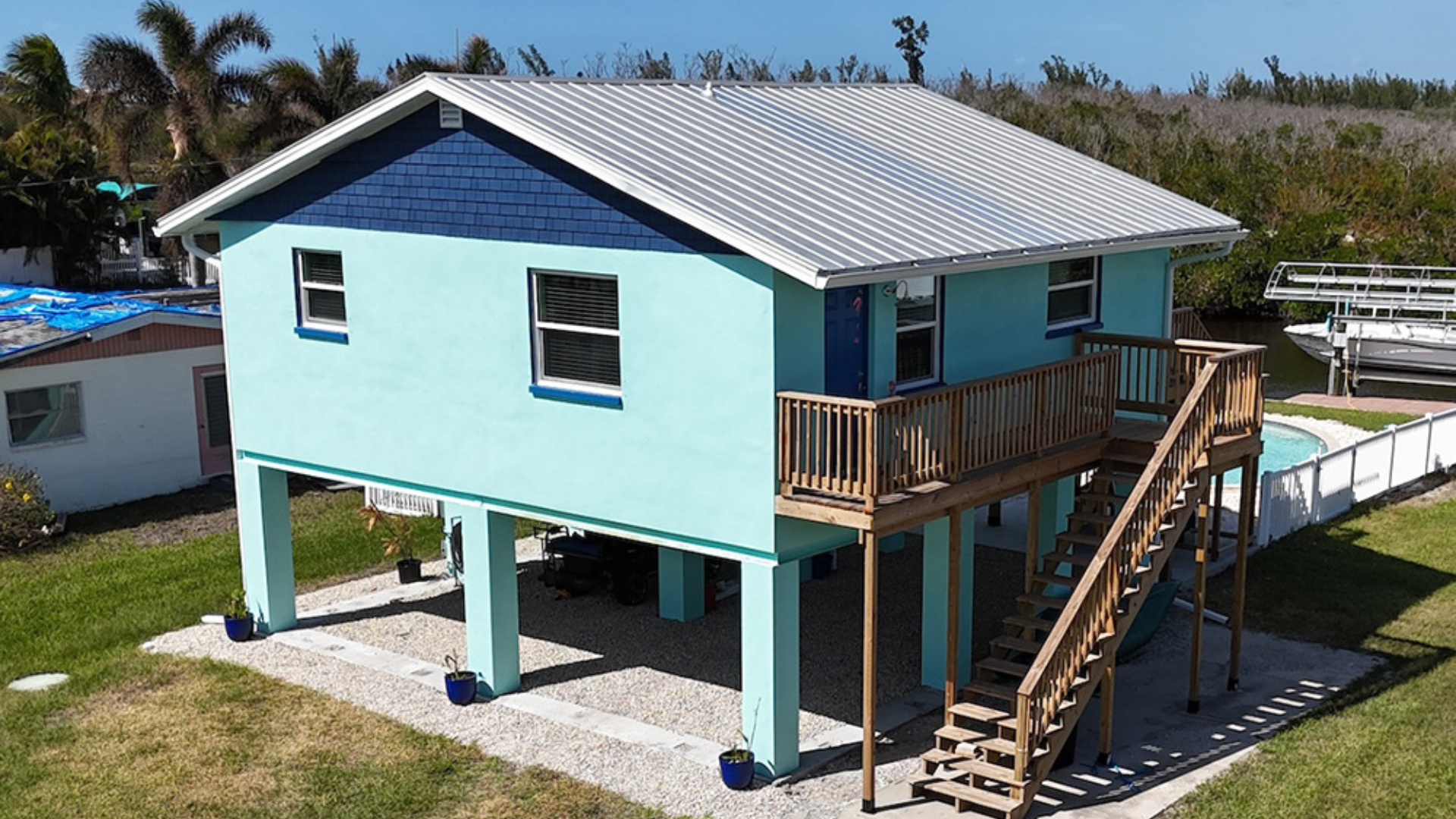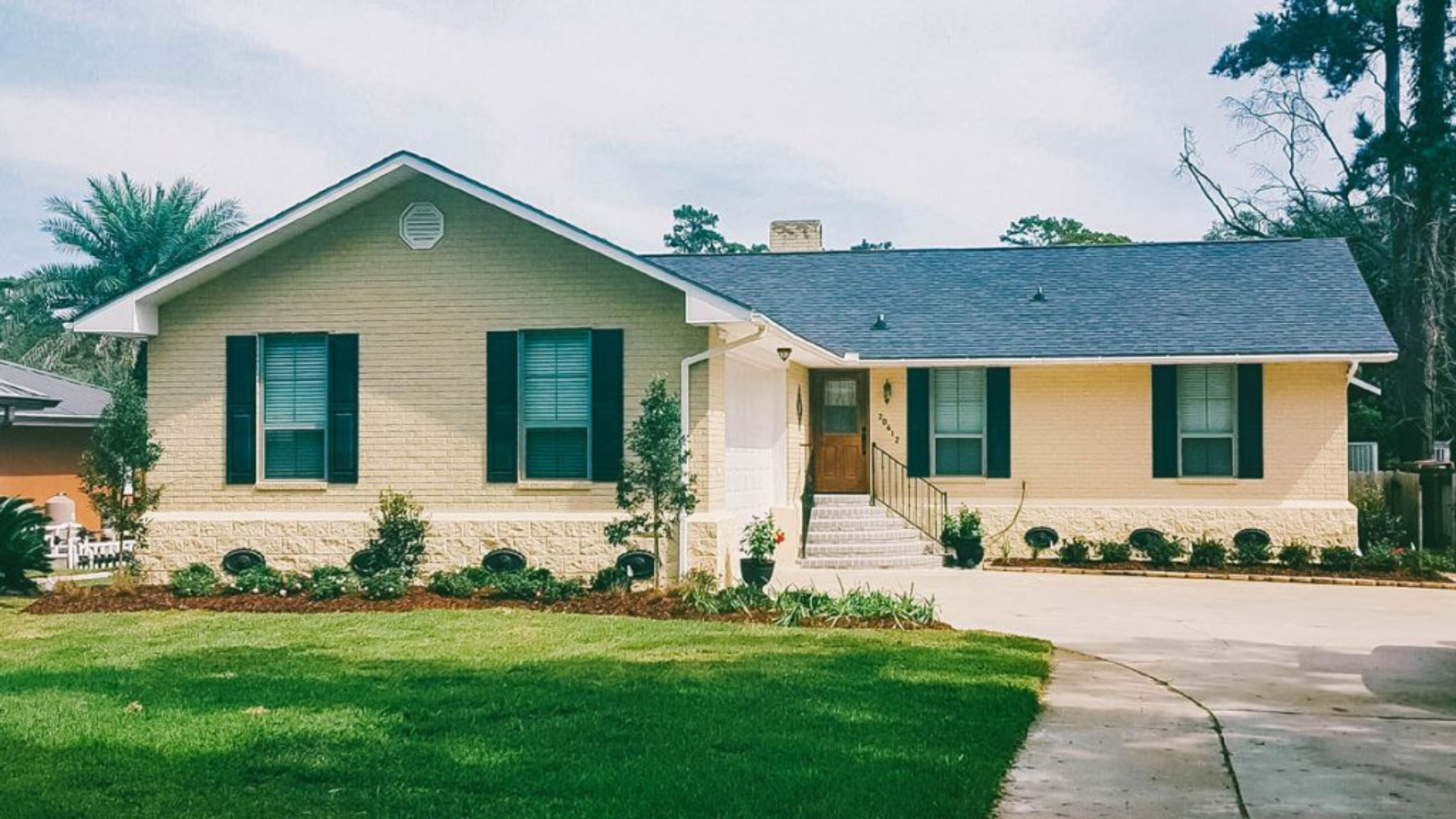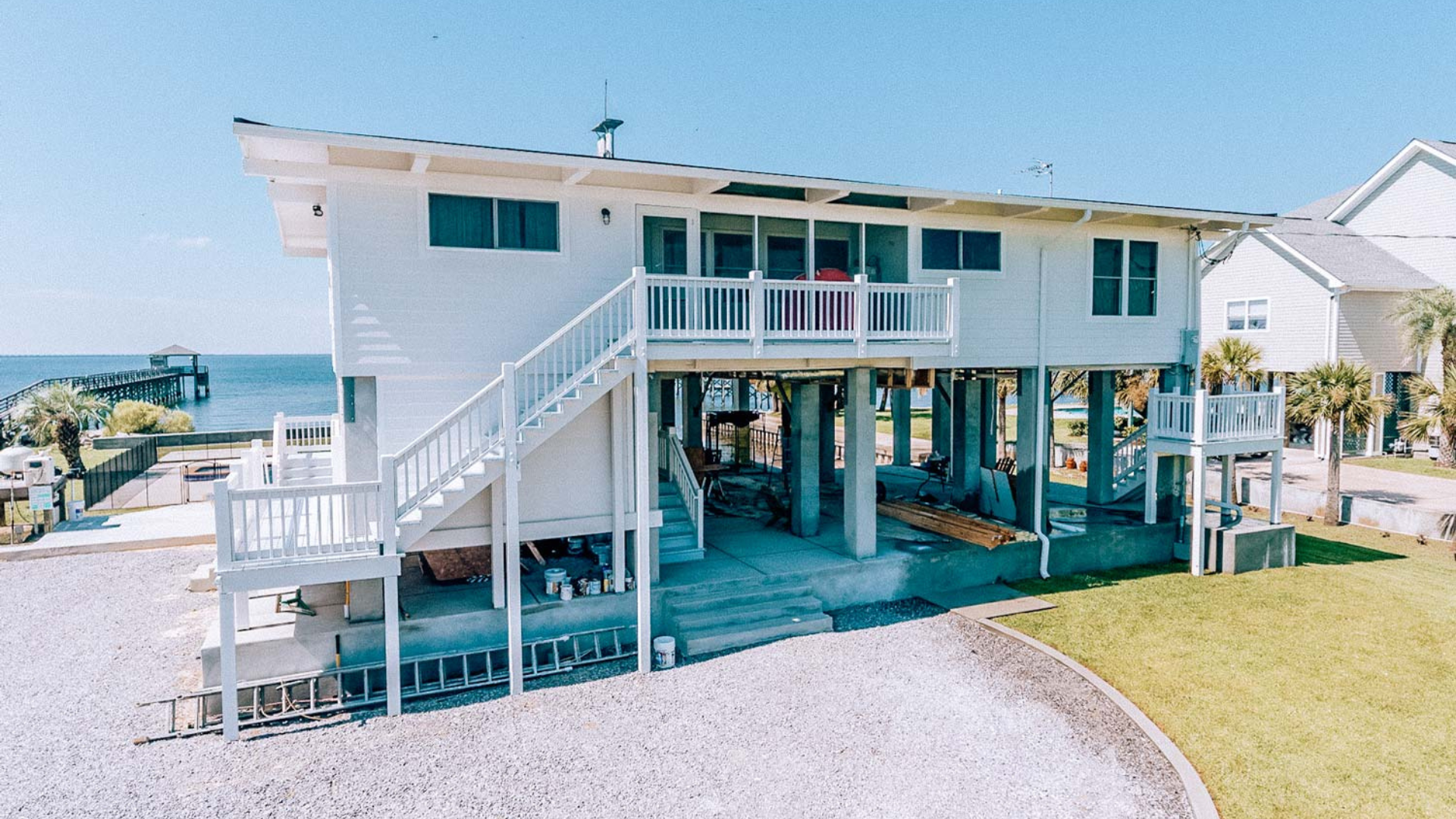Introduction
If your home is experiencing structural issues—like cracks, unlevel floors, or recurring moisture—two of the most common solutions are house raising and foundation repair. But how do you know which one is right for your situation?
In this post, we’ll compare these two important services: when they’re needed, how they work, what they cost, and how to determine which approach offers the safest, most cost-effective solution for your home.
What Is House Raising?
House raising, also known as house lifting or elevation, involves lifting the entire structure above its current foundation. It’s typically used in situations where:
- The home is located in a flood zone
- The foundation is severely damaged
- The homeowner wants to build underneath the home
- Local codes require elevation after repeated flooding
House raising is a comprehensive structural solution. It provides access to repair or rebuild the foundation and protects the home from future risks like flooding or settlement.
What Is Foundation Repair?
Foundation repair focuses on fixing specific issues with the foundation without lifting the entire structure. This may include:
- Crack sealing
- Reinforcing beams or slabs
- Installing piers or pilings
- Slab jacking or mudjacking to lift sunken areas
Foundation repair is ideal for localized structural issues that don’t require full elevation. It can be more affordable, but may not address deeper or long-term problems in some cases.
Table: Key Differences Between House Raising and Foundation Repair
| Feature | House Raising | Foundation Repair |
|---|---|---|
| Scope of Work | Entire home lifted above foundation | Foundation fixed beneath existing home |
| Primary Purpose | Elevation for flood, damage, or access | Stabilization or correction of damage |
| Cost Range | $30,000 – $80,000+ | $4,000 – $25,000+ |
| Typical Duration | 2–4 weeks | 2–10 days |
| Structural Access | Full access to foundation and utilities | Limited access (beneath or around) |
| Best for Flood Zones | ✅ Yes | ❌ Not a flood mitigation solution |
| Insurance Premium Relief | ✅ Likely with FEMA-compliant lift | ❌ Not likely to reduce flood premiums |
When House Raising Is the Better Option
✅ You’re in a FEMA Flood Zone
If your property is within a high-risk flood area, house raising is often recommended—or even required. FEMA and local building departments may mandate elevation if your home has suffered “substantial damage” (typically 50% or more of its market value).
✅ Severe Foundation Damage
Some homes are built on old or failing foundations. If repairs are no longer cost-effective, raising the house gives you full access to replace or rebuild the base entirely.
✅ You Want More Usable Space
Homeowners sometimes raise their houses to build a garage, workshop, or new living space underneath. This can increase square footage and add value.
✅ You Plan to Stay Long-Term
House raising is an investment. If this is your forever home, protecting it from water, erosion, or structural decline makes financial sense in the long run.
When Foundation Repair Is the Better Option
✅ You Have Minor Cracks or Shifting
Not all structural issues require full elevation. If you’ve noticed minor settling, uneven floors, or wall separation—but your home is otherwise stable—foundation repair can be an effective fix.
✅ You’re on a Tight Budget
Foundation repair is typically much less expensive than house raising. For homes with isolated damage or early-stage problems, it offers a practical and cost-saving solution.
✅ You Don’t Have Flood Risk
If your area isn’t subject to frequent flooding or FEMA regulations, there’s often no need to raise the house. A foundation repair will do the job without the extra cost.
Warning Signs That Require Action
Whether you’re considering repair or elevation, here are some critical signs that shouldn’t be ignored:
- Cracks in drywall or brick that widen over time
- Doors or windows that no longer close properly
- Gaps between walls, ceilings, and floors
- Uneven or sloping floors
- Water pooling around the foundation
- Mold or mildew odors coming from below the house
Ignoring these symptoms can lead to escalating damage and more expensive fixes down the line.
Cost Considerations
🏗️ House Raising Costs
Depending on the structure, soil, and elevation needed, house raising can range from $30,000 to $80,000+. Additional factors include:
- Demolition of old foundation
- Utility disconnection/reconnection
- Permit and engineering fees
- Site grading and drainage improvements
🔧 Foundation Repair Costs
Foundation repair typically ranges from $4,000 to $25,000, based on:
- Type and severity of damage
- Pier/piling material (steel, concrete, helical)
- Slab vs. crawlspace access
- Soil condition and pressure loads
How to Decide: House Raising or Foundation Repair?
Here’s a simple decision framework:
| Question | If YES… | If NO… |
|---|---|---|
| Is your home in a flood zone? | House Raising | Foundation Repair |
| Are you planning to build underneath? | House Raising | Foundation Repair |
| Is foundation damage severe and widespread? | House Raising | Foundation Repair |
| Do you just have minor cracks or shifting? | Foundation Repair | House Raising |
| Is elevation required by city/county/FEMA? | House Raising | Foundation Repair |
| Are you limited by budget or time? | Foundation Repair | House Raising (plan) |
What Professionals Will Evaluate
Before making a final decision, a qualified structural or house-raising contractor will assess:
- Soil composition and drainage patterns
- Type and condition of your foundation
- Elevation requirements by local authorities
- Extent of visible and hidden damage
- Flood risk based on FEMA flood maps
- Budget and timeline expectations
Getting this expert opinion is critical to making the right choice—and avoiding unnecessary spending or delays.
Frequently Asked Questions
❓ Can I do both house raising and foundation repair?
Yes. In fact, many full-lift jobs begin with foundation repair or replacement during the elevation process.
❓ Will my insurance cover either service?
It depends on your policy. Flood insurance may contribute to elevation costs under certain claims, while homeowners insurance may help with structural damage.
❓ Is house raising safe for older homes?
Yes, if done by experienced professionals. Homes over 100 years old have been lifted successfully with the right planning and equipment.
Conclusio
Both house raising and foundation repair play important roles in protecting your home. One is not necessarily better than the other—they’re just different tools for different situations.
If you’re unsure which route to take, start with a structural assessment. It’s the most reliable way to understand your risks, responsibilities, and repair options.
When safety, compliance, and long-term value are on the line, making the right decision now can save tens of thousands later.
Let me know if you’d like a downloadable version or blog formatting for WordPress. Ready to help with additional content whenever you need!




